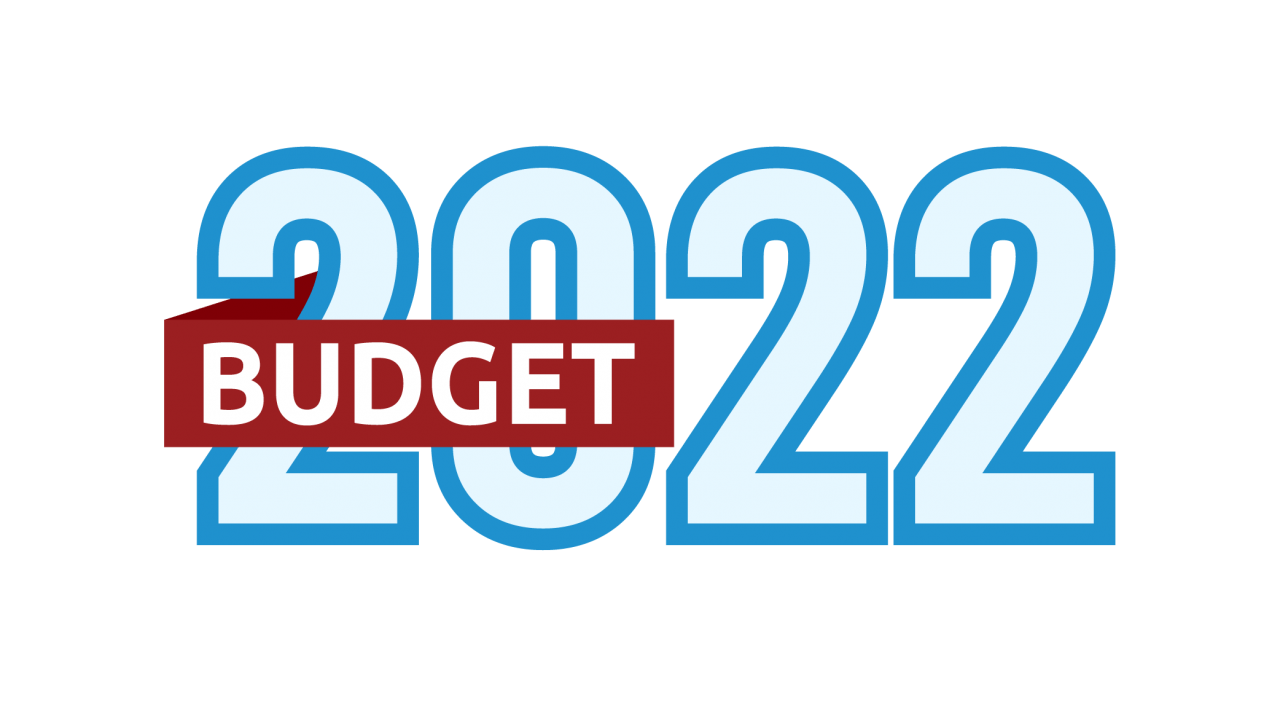It is time of the year again when the government would announce their annual budget for next year on 29 October. And it also appears as a custom that economists and analysts alike would share their thoughts on what may unfold during that day in respect to the government stands on their fiscal policy and the ensuing measures that would be unveiled. The recent announcement on the 12th Malaysian Plan (12MP) should give us some clue on what could be the possible measures to be announced. In particular, the government has already set their eyes that the ratio of the fiscal deficit should be between 3.0% and 3.5% of GDP by 2025 as opposed to the prevailing fiscal shortfall of 7.7% of GDP during the first six months of the year.
Judging from this, the government’s hands are tied to the need to ensure fiscal sustainability will be the main agenda for the upcoming budget. This is given the fact that the country has already entered its first year of 12MP. In other words, the government does not have the luxury of times of not keeping its strict fiscal targets. Fortunately, the commodity prices have been music to their ear. The Brent crude price is currently hovering at USD78 per barrel, a level that is significantly higher than the price assumption of USD43 per barrel when the Budget 2021 was tabled last year.
The government has recently also published the pre-budget statement which, among others, talks about their intention to legislate the Fiscal Responsibility Act. The formulation of such an act is aimed at improving the governance, transparency and accountability in the management of fiscal resources. Such an act is highly welcomed as it will set the tone on how the limited resources will be utilized. If implemented well, it could boost the morale of the rakyat and be able to address the trust deficits. The pre-budget statement also discussed strategies to increase tax revenue through increased tax compliance. This may include the Special Voluntary Disclosure Program for indirect taxes administered by the Royal Malaysian Customs Department, the introduction of Tax Compliance Certificate as a pre-condition for tenderers to participate in the government procurement and the implementation of Tax Identification Number which would expedite the tax payments.
Thus far, the outlook on the economy is forthcoming in view of the rapid rollout of the vaccination program. This would allow the economy to be fully reopened as more states have been transitioned to the next phase under the National Recovery Plan. However, there are always hiccups along the way. The external sector for one has its fair share of the contributing factor for the volatile environment. The real estate fiasco in China whereby one of the key players are on the brink of debt default, the US politicians could not agree on the debt ceiling which runs the risk of a government shutdown when the cash reserves are expected to dry by 18 October will continue to hog the limelight. There also seems to be commodity shocks as the transition to renewable energy has created a vacuum in the traditional energy mix. As such, the more reasons that the budget has to be crafted that would lay a strong foundation for the economy to withstand the potential shocks.
Having said that, typically, man on the street would be hoping that the national budget would mean more goodies and handouts especially in the context of economic recovery that is still tentative in nature. While cash transfers, subsidies or any form of handouts would continue to remain, it is also good to understand that we cannot live the best of both worlds. On one hand, yes we want to live in a country that is prosperous and therefore, we need to enact reform so that resources are being fully optimized. But on the other side of the aisle, we would want everything to be provided by the government. Perhaps, it is high time for all Malaysians to set a realistic expectation given the urgent need to rebuild the country. Obviously, time is not on our side and hence, the money must be well spent.
Dr Mohd Afzanizam Abdul Rashid, Chief Economist, Bank Islam Malaysia Bhd










